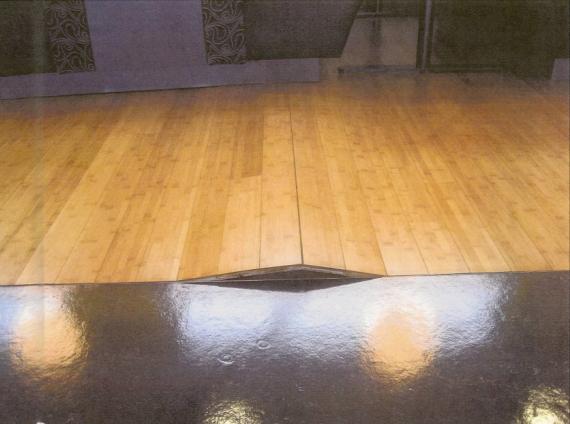Moisture Sensitive Adhesives and Flooring Failures

Over the last decade, changes in environmental government regulations have necessitated the reformulation of many historically durable adhesives used in the application of flooring materials. The most popular flooring adhesives traditionally used solvents containing volatile organic compounds (VOCs), but government-prescribed regulations that limit or restrict VOCs resulted in dramatic changes to most traditional flooring adhesives. Adhesives with VOC-containing solvents were replaced with water-based or 100% solids adhesive formulations. While these new formulations may reduce the environmental impact of new flooring installations, new adhesives are less durable and more susceptible to moisture-related deterioration. Within the past ten years more moisture-related flooring failures have occurred as adhesive systems have switched away from the proven VOC-containing technology to a newer, low VOC-compliant technology. If the concrete is not properly sealed or allowed to dry, the moisture inherent to concrete substrates can break down, re-emulsify, and dissolve moisture-sensitive flooring adhesives. Consequentially, applied flooring materials can delaminate, buckle, blister, and crack. This paper will compare the composition of newer moisture-sensitive flooring adhesives with that of their VOC-containing predecessors, and describe the properties of the adhesives that reduce overall durability. Case studies of flooring failures resulting from moisture-related deterioration of adhesives will be presented for various flooring materials including carpet tile, sheet vinyl, and vinyl composition tile flooring. Recommendations for repairing failed flooring and providing durable new flooring installations using moisture-sensitive adhesives will also be included.
Publisher
Journal of ASTM International